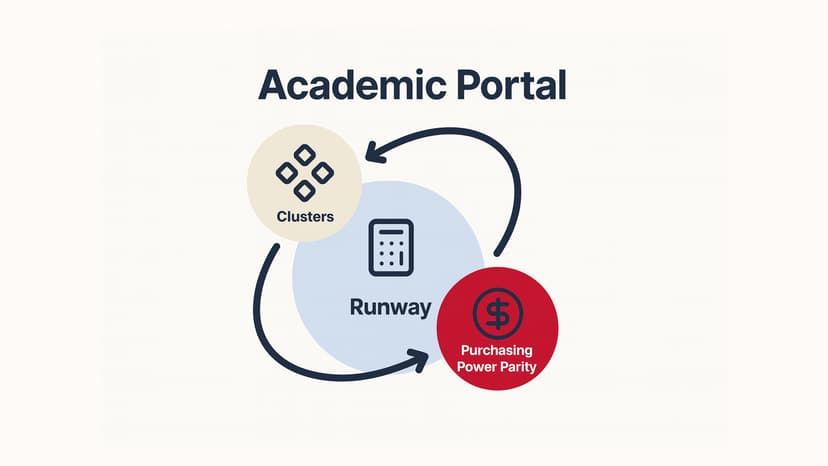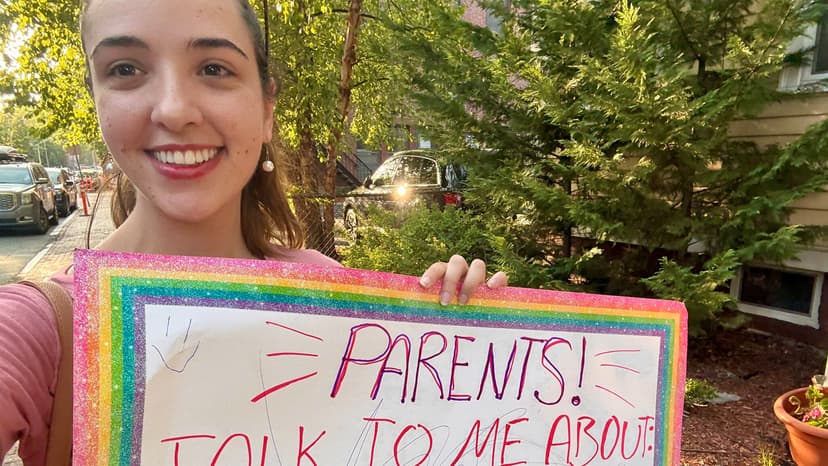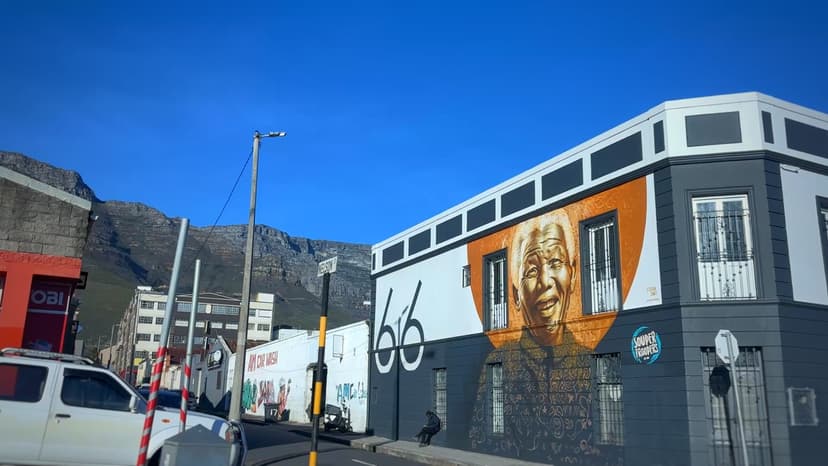
Flower: Closing the Gap Between Humans
The future of AI isn't making machines more human. It's making humanness more accessible.

The future of AI isn't making machines more human. It's making humanness more accessible.

After twenty-plus years in international business development and Harvard coursework, I built the tools I wished had existed—bridging decades of practice with world-class education.

From K-Pop Demon Hunters to my AI companion "Hi," synthetic truths generate real responses in us. If enough people believe in them, do they become facts?

The early education sector is notoriously hard: fragmented, underfunded, and full of informal solutions. Yet it's also one of the most impactful sectors in our economy and society.

Introducing Manaboodle's Tools category and Sassy, the anti-newsletter companion that keeps your writing human.

Imagine a dataset capturing emotional nuances and caregiving insights from millions of genuine interactions within a unique triangular relationship: human children, caregivers, and AI.

Exploring resilient education systems inspired by mangrove ecosystems - adaptive, interconnected, and thriving in challenging environments.

From Cape Town to global reach: how we are empowering nannies with AI-powered tools to create super-personalized learning experiences for children everywhere.

Exploring the intersection of music, mood, and programming productivity. How different vibes can unlock creative coding flow states.

A music-sharing platform designed to empower children globally through joyful, creative singing experiences.